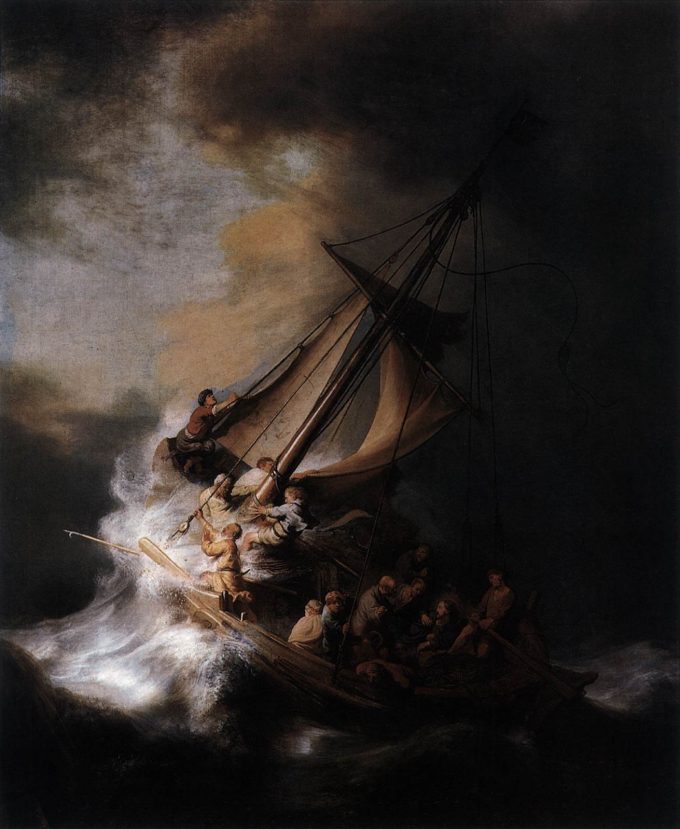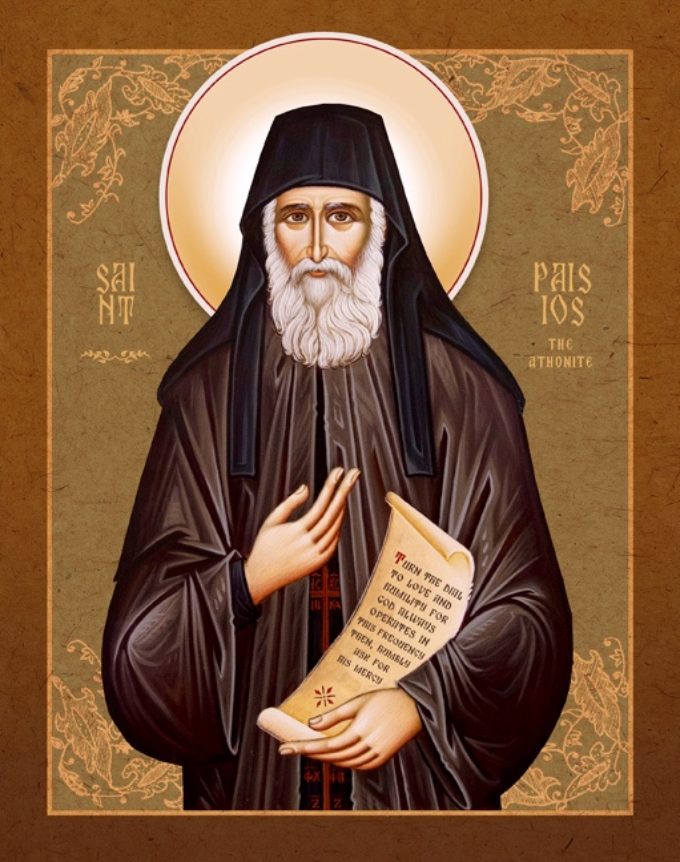From the ancient times the names had a special meaning in the communication and understanding between people, due to the fact that they played the role of those elements by which was made known the declaration of persons, animal and objects.
The name evolved to a means through which a person or a thing manifests himself/itself.
If the name has importance for the vegetal and animal world for the man, who has a more pronounced personal character (the special characteristics which appear at different people in different and unrepeatable ways has even more significance. The name did not evolve independtly from the historical life and adventures of people.
By means of names we can follow the historical evolution of a whole nation. Very often the names exerts seduction and power upon us while others only disgust. And this happens because the persons who bear these names are in connection with good memories of the past in the first case and with bad memories and situations in the second case. Very often the names are related to the religion those persons have and they are linked with the philosophical and social views of the people.
The name at pagans (idolaters)
The Greeks distinguished themselves more than any other people by the great variety of their personal names. Their joy and pride was their name, not their profession or title.
The lack of names at certain peoples was considered from the start as a lack of civilization.
In opposition to what happens at the primitive peoples, at the civilized ones the men have personal names being used the practice of giving names. At the ancient Greeks the name of a child was given at his birth or in 8 days after his birth.
The name in the Old Testament
In the Old Testament we see that man as a completion of the entire creation has from the first moment a special name which shows his individuality and uniqueness and by this he distinguishes himself from the other persons who are with him. The Creator names the first created man ADAM after his name and the man gives names to all animals and to his woman.
At the beginning the Jews gave names to their babies immediately after their birth but later they gave them names in the 8th day after their birth. In the 8th day when they gave them their names was linked with the circumcision. In ancient times this practice was also used by Egyptians and Ethiopians and the Jews took it from them. Circumcision is a religious practice commanded by God Himself as a distinctive mark of each man who belonged to God as it was the covenant between God and Abraham. The connection between the circumcision and the naming of children shows maybe the great significance given by the Jews to their names and its importance for the life of man.
The name in the Christian teaching
The importance of the name for man was taken over by Christianity which highlighted and promoted it, unleashing it from the suffocating bonds of the space and time of the present world and placing it in its eschatological dimension.
When is the name given?
The name according to the rituals of the Orthodox Church is given in the 8th day from the birth of the child. Why? In the biblical revelation number seven is the symbol of the world created by God perfect, of the world which decayed because of sin and was affected by death. The 7th day is the day when the Creator took refst and blessed it. It is the day that expresses the joy of the man for the creation as a form of communion with God. However it is an interruption of the work and not its true end.
Why is the name given in the 8th day?
The Church settling baptism in the 8th day aims to make the new born child partaker of this new reality and to show in him the dynamic evolution of the priceless human life and its end which is the Kingdom of Heaven.
Here we see that the Church considers the new born child as a whole man, approaching him with the same care as it does with each man. The name of the man gives him an identity as a person and testifies his uniqueness. That is why it cares to give him a name. The baby is not considered just simply man nor as a bearer of an abstract and impersonal nature. It is quite moving the fact that long before being established the world organizations for the protection of children, the Church applying for ages its philanthropic practices, no matter how ignored is by all people, by the prayer of giving the name it testifies the uniqueness of that child and recognizes the divine gift of hisn personality.
The prayer of giving the name
The prayer is called in this way because by the blessing given by the church to the child in the 8th day from his birth, it calls him for the first time on his personal name. This happens not because it is the first time when the Church blesses him and prays for him – this had already happened from the very first day – but because the prayers from the first day are addressed first to the mother and secondly to the baby. He will have this name his entire life and with this name he shall enter in the expected Kingdom of God, this day of his welcoming (of the name) being its prototype.
What does the prayer is to make the aim of the man succeed and this is to reach his union with God. That is why it does not forget to express the request of including him within the Church and of his completion by partaking the Holy Sacraments of Christ. Only by becoming a member of the Church, and this is done by the baptism, the child will surpass the disintegration caused by sin. In this way it is clearly shown that the prayer of giving the name is in close relation with the Sacraments of Baptism and Chrismation and highlights the participation of the man at the Holy Eucharist
The Service for giving the name
The prayer is included within the broad framework of the service for giving the name, held in the church or at home. The priest receives the child in the narthex not in the nave. And there he does the service. The origin of this custom may be found in the practice of the primary Church when the ceremonies before baptism were not officiated in the church, but in the yard with the holy water basin. After the prayer for giving the name which we discussed here, the priest blesses the mouth, the forehead and the heart of the child.
This is done not only for being blessed these parts of the body but especially their corresponding functions: the speech (mouth), the intellect (forehead) and the life (heart). Thus the child as a whole psychosomatic entity is handed in the true meaning of the word to Christ. That is why afterwards is sung the troparion of the Candlemas: `Rejoice, oh virgin Theotokos full of grace`…
Today very often from various reasons or from ignorance or from the indecision of the parents the giving of the name concides with the service of Baptism.
Why do we celebrate?
The man created in the image of God is from his nature destined to celebrate to remember God. Saint Gregory the Theologian says regarding this: `The essence of holiday is the invocation of God. Thus the Christian celebration is not a theoretical abstract and irresponsible state, but on the contrary it represents the tiring journey of the man to return to God, his uncreated archetype from where he originates.
Therefore the Christian holiday as an experience of joy and merriment cannot be understood without the doxology of the things of God and of the divine glory, without the new reality created in the world by the events of the divine oikonomia, of the Incarnation of the Word, of Christ’s Cross, Suffering and Resurrection. The events that gave a new meaning to time, space, man, world and life itself.
The content of the Christian holiday within the Church
The man celebrates because Christ Himself celebrates.Saint John the Damascene says that: Christ accomplished the holidays for us.
The content of the holiday is man’s joy, the joy of salvation. An experience lived within the Body of Christ, the Church, which is named by the Fathers as `the Church of those who celebrate as it should in the Spirit. An experience which gets eternal dimensios, which makes itself the face of the joy from above, since Christ, the Church and the Kingdom of God are not separated. God is not worshipped only on great events but He is a point of reference and remembrance for the man in every moment, every day, on each holiday.
In the life of the Church the time is the framework within which takes places the Revelation, it is accomplished the salvation of man and he gets value by the mystery of the Incarnation of the Son and Word of God. The man can surpass the obstacle of time and experience eternity and truth.
We all can make a continuous Easter from our life. The holidays spread along the Church year represent centers which are organized in a new dimension of time. The Easter, Christmas, the Assumption of the Holy Virgin, the holidays of the Holy Apostles, the daily commemorations of the Martyrs and Saints, the weekly and daily cycle of services, the other feats, with their fasting periods and holy services confer a new direction and dimension to time. Thus the holiday is the life of the Church itself, where Resurrection continues to act as a historical reality and places the believer, by his partaking at the Sacraments, in the world of the divine life.
It is the ontological experience of the 8th day, the universal event of the Church by excellence.
The Eucharistic dimension of the holiday
The change of time, the renewal of the world, the joy given by Christ to the man and the following of Christ’s life, the new life required by the Christian holiday are experienced in the Church, in Eucharist and in the liturgical life. The Church says saint Nicholas Kabasila `shows itself in the Sacraments`. This means that the holidays and holy services of the Church spring from the one and only Mystery of Christ.
In the Holy Liturgy the feast par excellence is present the whole Church. Christ is present, revealing to the man the divine Truth.
The saints are present as well in the Holy Eucharist. The Holy Liturgy is held as well for those who reposed in the true faith: ancestors, parents, patriarchs, prophets, apostles, martyrs, confessors…and especially for the purest most holy, most blessed Theotokos.
But not as a supplication from us before God for the saints, but as a sign of gratitude.
The Holy Eucharist is not held as an acknowledgement of the saint for his victory but because the Christians rejoice and hope in his intercession during his commemoration.
That is why when we celebrate we go to the Church. To celebrate means to go to the Church, to participate at the worshipping of God, to commune with the Body and Blood of Christ, to commune with God. To celebrate means that I am not alone, but with God and my brothers.
Why do we honor the saints?
We honor the saints not as religious heroes, because this would mean idolatry, but as vivid examples of experiencing the renewal of man in Christ, as lights performing miracles, as true friends of God, as partakers of Christ’s sufferings and glory and as guides of the believers towards the truth in the Holy Spirit.
The icons of our saints
The veneration of the saints by bowing before them and making the sign of the cross springs from the fact that they were honored by God. The icons of the saints testify this honor granted to them by God and urge us to follow the same faith. Saint Basil the Great says: `The veneration of the icon goes to the prototype. Meaning that the veneration of the icon passes to the person it represents and it is ultimately addressed to God.
„Following the teaching about God of the Holy Parentsand the Tradition of the Church because we acknowledge it as teaching of the Holy Spirit which lies within it we decide with all responsibility and unanimously that near the holy and the life giving Cross to place the holy icons, made with paints or mosaic or other kinds of appropriate material, in the Holy Churches, on the Holy Vessels and garments, on the walls and planks, in the houses and on the roads. Meaning the Icon of our Lord God and Savior Jesus Christ and of our most pure Lady Theotokos, of the holy angels, of all the saints and pious men.`(Ecumenical Synod VII)
Source: Vima Ortodoxias





